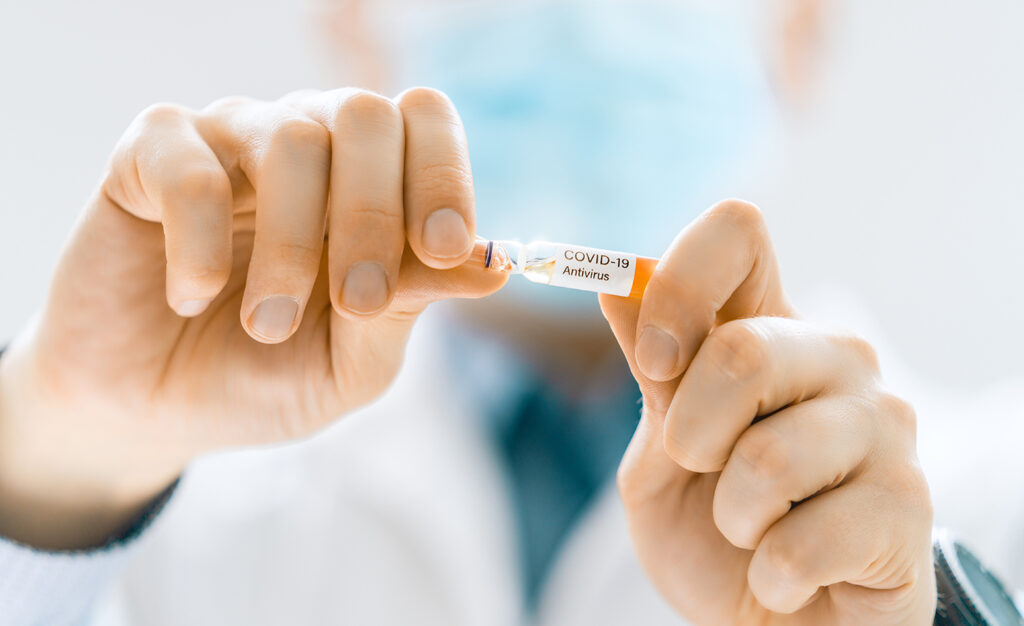
In early 2020, the world was shocked by the SARS-Cov-2 virus, giving rise to the coronavirus pandemic, commonly called Covid-19, which hit the world’s most vulnerable particularly hard, such as older than 70 years, as well as those people who presented some risk pathology (heart, liver, kidney diseases, weak immune system, etc.).
However, thanks to the investigation and collaboration of the public, it seems that in this year, 2022, little by little we have been recovering normality, however, we must not forget that the virus is still there, so we cannot lower the guard, hence we encourage you to collaborate in research against the disease, registering on our DATIUM platform, in which you will obtain rewards with MDCxCoin, each time you respond to our surveys.
As you well know, currently ending the year 2022, China is between a rock and a hard place, surrounded by a new wave of infections that puts the entire world at risk.
Are we facing a cyclical disease?
What is the persistent Covid, or prolonged Covid?
The World Health Organization (OMS), with the consensus of patients, caregivers and international experts, describes this disease as: “the condition that occurs in individuals with a history of probable or confirmed infection by SARS-CoV-2, generally three months after onset, with symptoms lasting at least two months and cannot be explained by an alternative diagnosis.”
Today, the reasons why the virus remains in the body (causing a latent and/or chronic infection) are unknown. What we do know is that the infection generates a delayed inflammatory immune response, which affects our immune function ( The most frequent symptoms are usually asthenia, general malaise, lack of concentration, as well as memory failures); finding patients who, despite not needing hospital admission, maintained the symptoms associated with the disease for periods much longer than average (more than 3 months), while the majority (except for severe cases or vulnerable people) developed symptoms mild or moderate, which after 2 or 3 weeks of infection, improved considerably, and even obtained a full recovery.

What are their symptoms usually?
Conditions caused by Covid-19 act in different and diverse ways in patients (sometimes causing “disability”), with the most common or reported symptoms being tiredness or generalized fatigue, respiratory distress or shortness of breath, persistent cough, chest pain, headache, tingling sensation, taste or smell disturbances, depression or anxiety. However, from the World Health Organization (OMS), a more extensive and exhaustive list of the most frequent symptoms has been developed, such as:
• Cardiovascular: heart rate –above all, tachycardia–, blood pressure, varicose veins, thrombi, chest pain –angina pectoris–.
• Dermatological: itching, hives, rashes, skin and nail changes, alopecia, perniosis, new allergies.
• Gastrointestinal: abdominal pain, discomfort/dyspepsia, reflux, irritable bowel, anorexia, diarrhea, constipation, dysphagia.
• Immunological and autoimmune: new or increased immune responses, new allergies/intolerances to food or drugs.
• Musculoskeletal: musculoskeletal and joint pain, muscle spasms, chest pressure, muscle weakness, sarcopenia.
• Neurological: cognitive impairment, dizziness, memory loss, mental fog, language disturbances, sensitivity disorders (paresthesias), sleep disorders, headaches, taste and/or smell disturbances, hallucinations, blurred vision, confusional symptoms, paralysis facial, dysautonomia.
• Ear, nose, throat and ophthalmology: facial paralysis, dry eyes, blurred vision, sore throat, hoarseness, tinnitus, vertigo.
• Psychiatric: anxiety, low mood, depression, post-traumatic stress disorder.
• Pulmonary/respiratory: dyspnea, dry cough, sneezing, changes in oxygen saturation.
• Reproductive, genitourinary and endocrine: menstrual disorders, sexual relations, hyperactive urinary bladder function, diabetic debut and thyroid disorders.
• Systemic: fatigue, fever or low-grade fever, weakness, flushing, sweating, exacerbation after exertion and weight loss.
If you consider that you, or a family member or friend, meet the criteria for the diagnosis of the disease, you should go to your primary care physician, in order to be assessed and diagnosed by him.
Likewise, whether you are a patient or a health specialist, we encourage you to share your experience through our DATIUM platform, since the study and observation of the information that you provide us will be of great value for medical research, obtaining for your collaboration MDCxCoins, a cryptocurrency that provides multiple benefits to all our users.
How to prevent the development of persistent Covid?
Despite the advances, there is still no specific treatment for conditions after Covid-19, so the recommendations of the health institutions and your primary care physician must be followed, hygiene being especially relevant (ventilation of spaces, frequent hand washing, the use of a mask if necessary), as well as a good diet (to be mentally strong); and, above all, invest in research, which is necessary to have tools to stop the virus (such as vaccines), hence the importance of the help of all of us, for which we encourage you to collaborate in the study , fight and prevention of infection, through the DATIUM platform, which rewards your collaboration with MDCxCoins, every time you access our surveys.
Remember that, as a user, you are in control of your own information.







